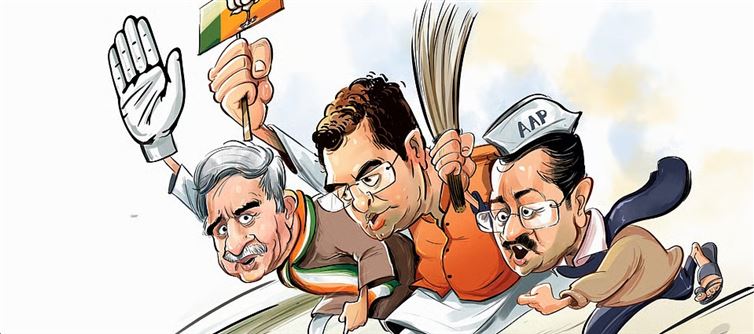
In sharp contrast stands the privilege enjoyed by elected representatives. An individual can become a Member of parliament (MP) for even a single day and qualify for a lifelong pension, regardless of whether they contributed anything in taxes or not. The pension amount increases with each term served, and MPs also enjoy a host of other lifetime perks such as free travel, subsidized accommodation, and medical benefits. This glaring disparity highlights how India's political class has systemically insulated itself from the hardships faced by ordinary citizens, creating a two-tiered system where those in power remain financially secure for life, while taxpayers must fend for themselves in retirement.
Such imbalances raise serious questions about fairness, accountability, and the priorities of governance. When citizens see their elected leaders securing lifelong benefits after minimal service, while they themselves are offered no safety cushion despite decades of contribution, it breeds frustration and distrust. There is a growing call for pension reforms that address these inequities and introduce a more balanced system—one where government support is based on need and contribution, not privilege. India’s democracy, to be truly representative, must ensure that the people who build the nation are not left to struggle in their twilight years while political elites enjoy undue lifelong benefits.




 click and follow Indiaherald WhatsApp channel
click and follow Indiaherald WhatsApp channel